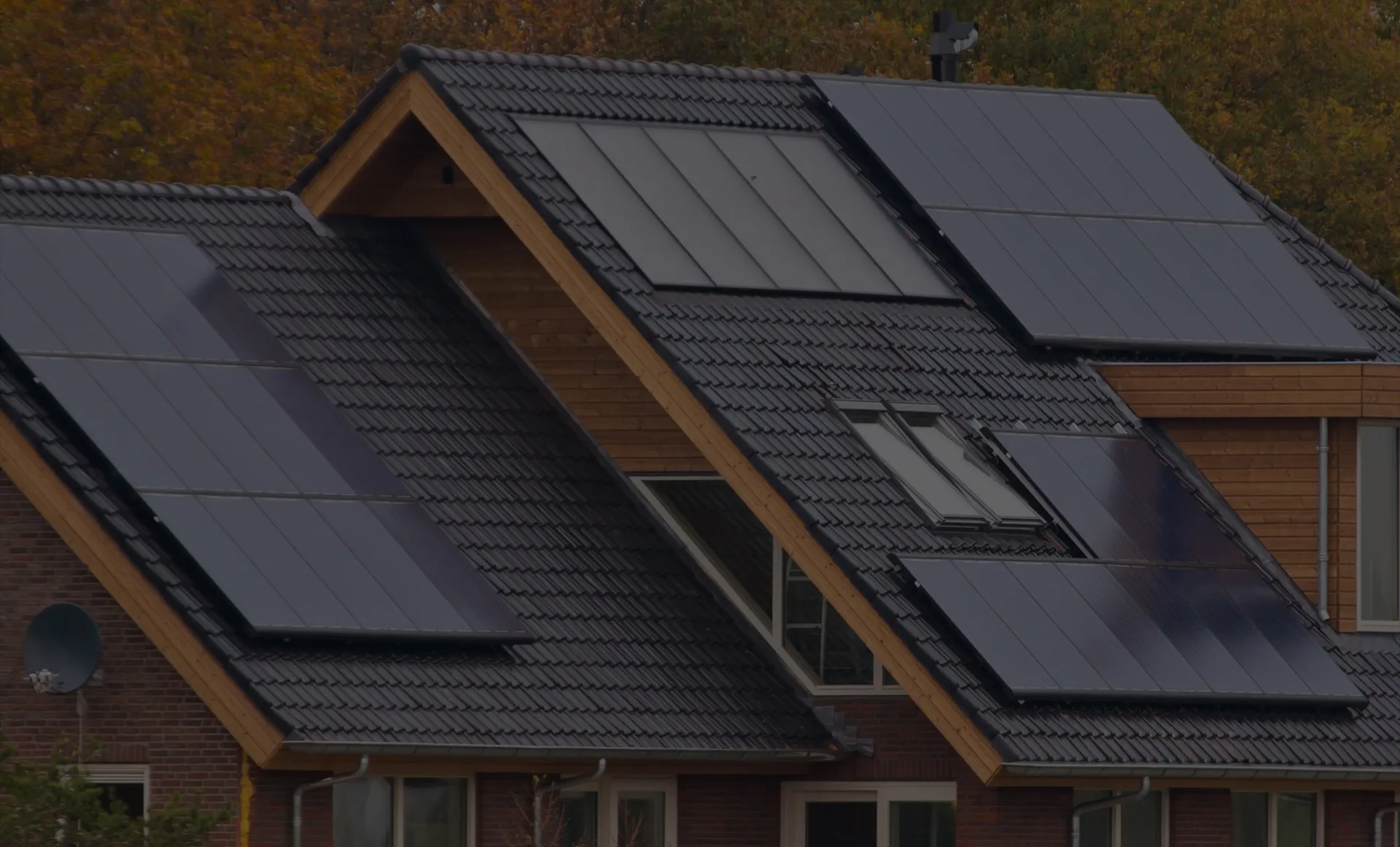Understanding Energy Output from Solar Panels for Efficient Energy Use
The Future of Solar Panel Energy Production
In recent years, solar panel energy production has emerged as a frontrunner in the global quest for sustainable energy solutions. Harnessing the power of the sun, solar panels convert sunlight into electricity, significantly reducing our reliance on fossil fuels. As the technological advancements and cost reductions in solar technology continue to evolve, the future of solar energy appears brighter than ever.
First and foremost, the efficiency of solar panels has improved dramatically. Modern photovoltaic (PV) cells are capable of converting more sunlight into usable energy, with some advanced models reaching efficiencies above 22%. This means that less surface area is required to produce the same amount of energy, making solar installations viable even in limited spaces. Innovations such as bifacial solar panels, which capture sunlight from both sides, and solar tracking systems that follow the sun's trajectory have further enhanced energy production capabilities.
Moreover, the declining cost of solar technology has made it more accessible. In the past decade, the price of solar panels has fallen by over 80%, making solar energy more economically viable for both residential and commercial properties. Government incentives, subsidies, and tax credits have also supported the widespread adoption of solar technology, encouraging homeowners and businesses to invest in solar energy solutions. As more people shift to renewable energy sources, the demand for solar panels is expected to grow exponentially.
solar panel energy production

Another crucial aspect of solar panel energy production is its positive environmental impact. Solar energy is a clean, renewable resource that significantly reduces greenhouse gas emissions compared to conventional energy sources. By investing in solar panels, countries can not only meet their energy needs but also contribute to international efforts to combat climate change. This shift towards renewable energy sources can help mitigate the adverse effects of global warming, promoting a healthier planet for future generations.
Energy storage technology plays a pivotal role in optimizing solar energy production. Solar power generation is variable, dependent on weather conditions and time of day. However, advancements in battery storage systems allow excess energy generated during sunny periods to be stored and used during low production times. This capability increases the reliability of solar energy, making it a more attractive option for consumers and utility companies alike.
In conclusion, the future of solar panel energy production looks promising as technology advances, costs decrease, and environmental awareness rises. With increasing efficiency, economic viability, and a commitment to sustainability, solar panels are poised to play a significant role in the global transition to clean energy. As we continue to harness the sun’s abundant energy, we move closer to a more sustainable and environmentally friendly future.
-
String Solar Inverter: The High-Efficiency Solution for Smart Solar EnergyNewsJul.14,2025
-
Revolutionizing Rooftop Energy with the Power of the Micro Solar InverterNewsJul.14,2025
-
Power Independence with Smart Off Grid Solar Inverter SolutionsNewsJul.14,2025
-
On Grid Solar Inverter: Powering the Future with Smart Grid IntegrationNewsJul.14,2025
-
Monocrystalline Solar Panels: High-Efficiency Power for the Future of Clean EnergyNewsJul.14,2025
-
Bifacial Solar Panel: A Smarter Investment for Next-Generation Energy SystemsNewsJul.14,2025







